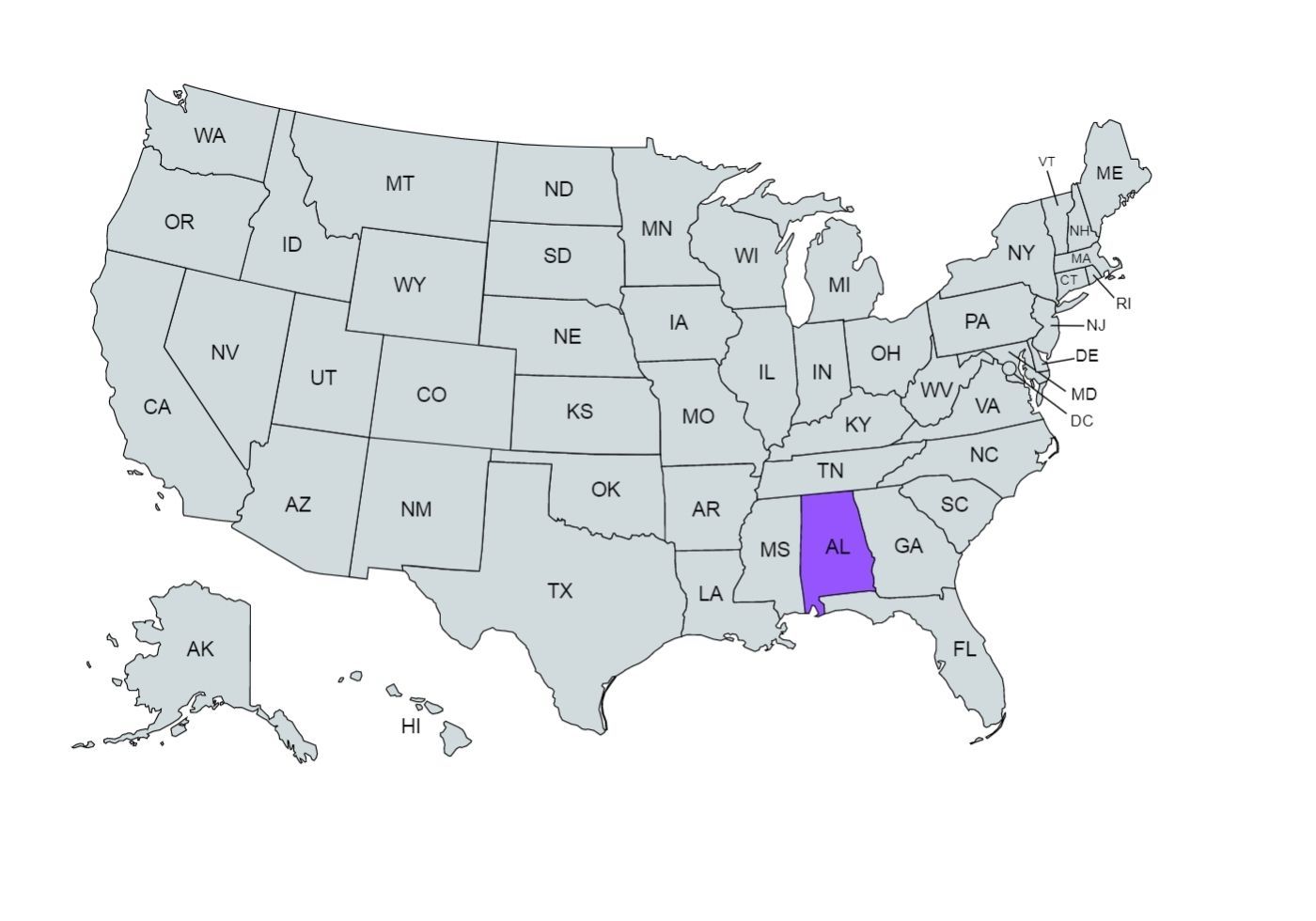Alabama Paycheck Calculator: Calculate Your Net Pay
If you’re wondering, “How do I figure out how much money I take home in Alabama?” we’ve got you covered.
Use our simple wage pay calculator to estimate your net or “take home” pay after taxes, as an hourly or salaried employee in Alabama.
Paycheck Calculator
Get ahead with our free resources:
How Does the Paycheck Calculator Work?
Input your salary information, such as wage and pay frequency, and our tool will handle the tax calculations for you. Once you’ve filled in all the information, click the “Calculate Tax” button, and the calculator will provide an estimate of your net or “take home” pay for the specified pay period.
Overview of Alabama Taxes

In Alabama, the state income tax rate ranges from 2% to 5%.
If you are filing status of single, married filing separately, or head of household, your taxation comprises 2% on the initial $500 of taxable income, 4% on earnings up to $3,000, and 5% on income surpassing that amount.
If you're married and filing jointly, the 2% rate applies to the first $1,000, followed by 4% on earnings up to $6,000, and 5% beyond that.
Additionally, residents of certain Alabama cities and counties face local income taxes known as occupational taxes, ranging from 0.5% to 2%. These taxes are applicable regardless of your residency status within those regions.
Your paycheck is subject to deductions, including FICA and federal income taxes. The withholding also encompasses Alabama state income tax and local taxes, contingent on your location.
Contributions to health and retirement accounts, such as a 401(k), cast a ripple on your take-home pay. You should know that opting for pre-tax contributions will chip away at your taxable income.
In specific cities, occupational taxes are levied on your gross wages, unrelated to taxable income. These rates are variable based on location.
Within the W-4 form, you have the option to indicate extra withholding. For instance, if you want to retain $50 from each paycheck, you will simply note this amount on the designated line of your W-4 form.
Additionally, pre-tax contributions to retirement accounts serve as a mechanism to trim taxable income.
In a nutshell, Alabama flaunts a favorable tax landscape with minimal property and local income taxes.
Median Household Income in Alabama
Salary in each state is typically based off the cost of living. While salaries vary widely based on position, the median household income in your state can give you a glimpse at the average salary a household is earning in your region.
Tips for Maximizing Your Paycheck
Here are some tips to help you maximize your paycheck:
- Understand your deductions
- Research tax-saving strategies
- Make the most of your employee benefits
- Create a budget and set financial goals
- Consider overtime and bonuses
- Routinely check for paycheck errors
